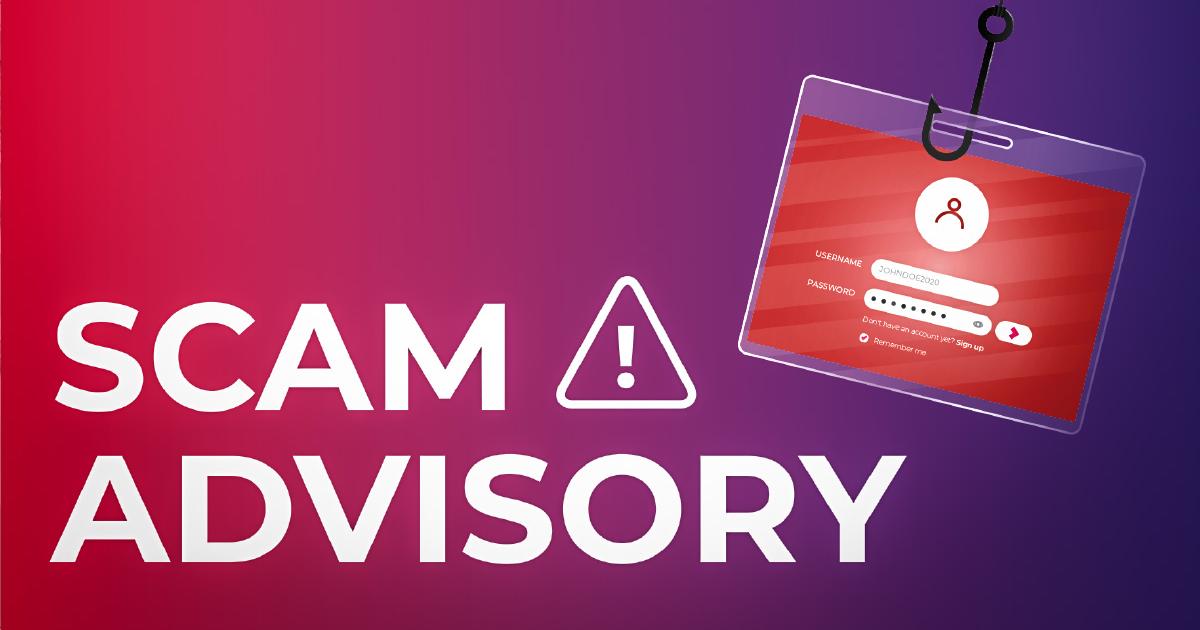Fake alumni network scams are an increasingly prevalent form of fraud targeting individuals who are eager to reconnect with their alma mater or establish professional connections through alumni organizations. These scams exploit the trust and nostalgia associated with alumni networks, making them particularly effective. Understanding how these scams work and the measures you can take to avoid them is crucial for safeguarding yourself from financial and personal data theft.
What Are Fake Alumni Network Scams?
Fake alumni network scams are schemes where fraudsters pose as representatives of legitimate alumni associations or create entirely fake organizations to solicit membership fees, donations, or personal information. These scams typically involve:
- Phishing Emails: Fraudsters send emails pretending to be from your alma mater’s alumni association, asking you to update your contact information or pay dues.
- Fake Websites: Scammers create professional-looking websites that mimic genuine alumni networks to collect personal and financial information.
- Social Media Impersonation: They may create fake profiles or groups on social media platforms to lure unsuspecting alumni into joining.
- Cold Calls: Fraudsters may call you, claiming to represent your alumni network and requesting donations or payments for events.
How to Spot Fake Alumni Network Scams
Recognizing the warning signs of a fake alumni network scam can help you avoid becoming a victim. Here are some red flags to watch out for:
- Unsolicited Contact: Be cautious of unsolicited emails, calls, or messages claiming to be from an alumni network, especially if they ask for personal or financial details.
- Pressure Tactics: Scammers often create a sense of urgency, claiming you must act immediately to secure membership or contribute to a time-sensitive cause.
- Generic Greetings: Emails or messages that don’t address you by name or contain vague language about your alma mater are likely fraudulent.
- Suspicious URLs: Check the website’s URL carefully. Scammers often use URLs that are similar but not identical to the official site of your alumni association.
- Requests for Untraceable Payments: Be wary of requests for wire transfers, gift cards, or cryptocurrency payments, as these are difficult to trace or recover.
- Lack of Official Verification: Legitimate alumni networks are often affiliated with the university and will have official channels for communication and verification.
Important Measures to Avoid Fake Alumni Network Scams
Taking proactive steps can protect you from falling victim to these scams. Here are some essential measures:
- Verify Authenticity:
- Contact your alma mater directly to confirm the legitimacy of any alumni network communications.
- Use official contact information found on the university’s website.
- Scrutinize Communication:
- Examine emails for spelling errors, grammatical mistakes, and suspicious email addresses.
- Avoid clicking on links or downloading attachments from unknown senders.
- Secure Your Information:
- Avoid sharing personal or financial details over email or phone unless you are certain of the recipient’s identity.
- Use strong, unique passwords for alumni network accounts and change them regularly.
- Educate Yourself:
- Familiarize yourself with common alumni scams by reading university bulletins or security alerts.
- Attend workshops or webinars on online safety offered by reputable organizations.
- Report Suspicious Activity:
- Notify your alma mater and local authorities if you suspect a scam.
- File a complaint with organizations like the Federal Trade Commission (FTC) or your country’s equivalent.
- Use Security Tools:
- Install antivirus software and keep it updated to detect phishing attempts.
- Enable two-factor authentication (2FA) on accounts whenever possible.
Why Scammers Target Alumni Networks
Scammers target alumni networks because of the emotional connection individuals often have with their alma mater. By leveraging this connection, they can manipulate victims into trusting their fraudulent schemes. Additionally, alumni networks often involve individuals with disposable income, making them lucrative targets for scams.
What to Do If You’ve Been Scammed
If you realize you’ve fallen victim to a fake alumni network scam, take the following steps immediately:
- Cease Communication: Stop engaging with the scammer.
- Notify Your Bank: Contact your bank or credit card company to block unauthorized transactions and secure your accounts.
- Change Passwords: Update passwords for all online accounts, especially those using the same credentials as the compromised account.
- Report the Scam: File a report with your local law enforcement and organizations like the FTC or Internet Crime Complaint Center (IC3).
- Monitor Your Accounts: Keep a close eye on your bank accounts and credit reports for any suspicious activity.
Final Thoughts
Fake alumni network scams exploit trust and nostalgia, making it essential for online users to remain vigilant. By recognizing the warning signs, verifying the authenticity of communications, and taking preventive measures, you can protect yourself from these deceptive schemes. Stay informed and proactive to ensure your personal and financial safety while enjoying the genuine benefits of being part of an alumni network.














